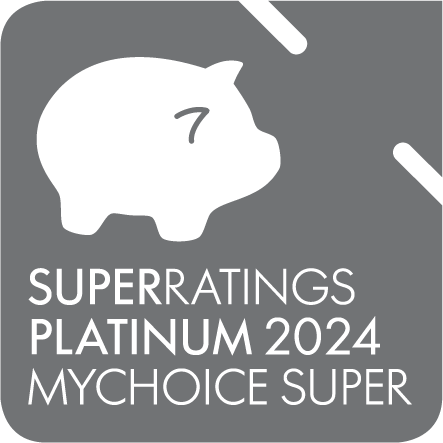A testamentary trust is established under a will and activated as a result of death of the testator (person making the will). Only those assets that form part of the testator’s estate can be placed into a testamentary trust. Therefore if you establish a family trust to hold your assets, the assets held within the family trust will not form part of your estate.
The trustee has absolute discretion over the distribution of income and capital to beneficiaries. In some circumstances, the law will set up a testamentary trust when beneficiaries are unable to hold or deal with property in their own name (e.g. in the case of children under 18).
A trust must ‘vest’ (distribute the trust assets) within 80 years from the date of death of the testator. It is possible to create a vesting date that is linked to the death of a person such as a beneficiary or some other event by the Family Court in the division of matrimonial property in the event of a marriage breakdown and property dispute. (The Court, however, may take into account the presence of a trust in calculating what they consider to be an equitable distribution of the non-trust assets.)
The benefit of an insolvent or potentially insolvent person can be provided for. By having an independent third party trustee the assets in the trust may be out of the reach of creditors but at the same time available for family members and, in particular, the children of a bankrupt person.
The trustee has total flexibility to invest in whatever assets they wish (subject to the trust deed) and can draw on capital or income at any time.









